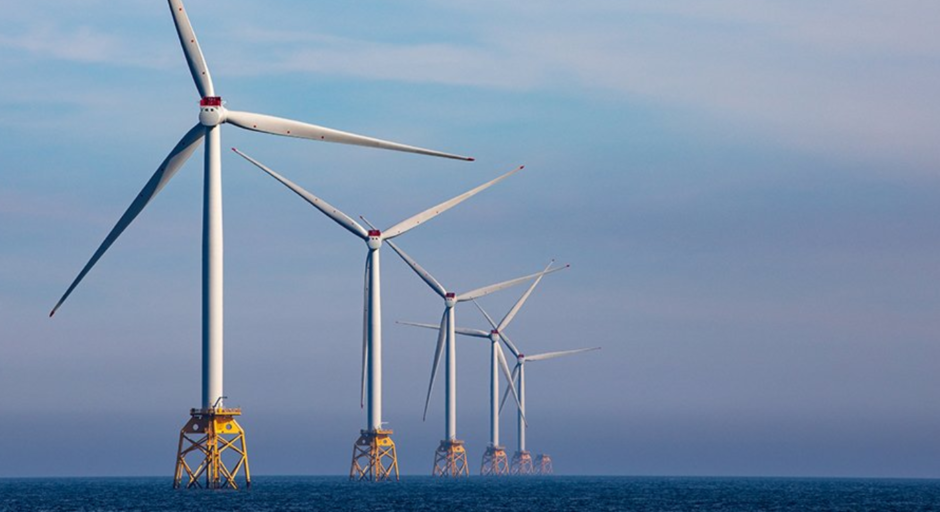
Investment in green-energy projects is crucial to Scotland’s economic recovery post COVID-19.
That is according to Professor David Flynn, founder of the Smart Systems Group (SSG) at Heriot-Watt University, who has singled out rural areas as being at a heightened economic risk as a consequence of the lockdown. The threat posed to rural economies was starkly highlighted this week when a survey conducted by Orkney businesses, predicted some 3,000 local jobs may be lost, and the amount of money flowing through the local economy could be almost halved, if the worst impacts of the coronavirus pandemic are realised.
Professor Flynn is now calling on the UK and Scottish governments to prioritise investment in future, green energy projects as a way of securing jobs, particularly in rural locations. He explains: “The rural economy is far more susceptible to fluctuations in technology and financial markets. What is evidenced in the current crisis is we are seeing primary industries such as tourism, become decimated.
“The rural economy is dependent on agriculture, tourism and energy, the three pillars as I see them. What I am suggesting is investment in community energy projects, creates local jobs, supports the UK supply chains and unlocks wealth from the energy infrastructure for the community.”
Professor Flynn’s comments follow the publication of the Scottish Government’s Advisory Group on Economic Recovery Report. The document, written by Professor Benny Higgins, Group Chair and Special Advisor to the First Minister on the Scottish National Investment Bank, makes a series of recommendations including a need for Scotland to make better use of its world leading universities and create more effective public-private partnerships.
Professor Flynn is the academic lead in the pioneering ReFLEX (Responsive Flexibility) project currently being trialled in Orkney. Launched in April 2019, the ambitious £28.5 million programme funded by UKRI through the Industrial Strategy Challenge Fund, aims to create the world’s first large scale ‘smart local energy system’ by combining technology with renewable energy to provide intelligent heat, power and transport services to islanders.
He continues: “In Orkney, via the Innovate UK funded Reflex project, a consortium of partners, from across government, industry and academia have been working together to create new solutions and business models which supports communities in the energy transition.
“During a time when centralised, devolved and local government finances are highly constrained, the Reflex project aims to unlock value within communities from critical services. Not only does this deliver distributed wealth creation, it also opens the opportunity for local representatives who understand their community needs better to inform how this finance is reinvested.
“Throughout the world, energy infrastructures projects can attract criticisms with respect to supply chain contracts. This was a topic of significant focus in the Scottish Government who convened an emergence committee to understand why Scottish and UK companies were not being more successful in our own energy markets. Restrictions were resultantly imposed on offshore wind developers.
“In comparison, from their inception and throughout their lifecycle, the vision of decarbonisation from the ground up, is centred in the communities it serves through Smart Local Energy Systems (SLES). So from project expenditure on local assets, to optimising services and unlocking monetizable value, we believe that whole system thinking, using SLES, will be critical to Scotland’s economic recovery within its own domestic and international markets.”
A recent study by the industry body Scottish Renewables, shows that for every gigawatt of renewable power installed in Scotland, 1500 jobs are created and £133 million is added to the economy.
Recommended for you
